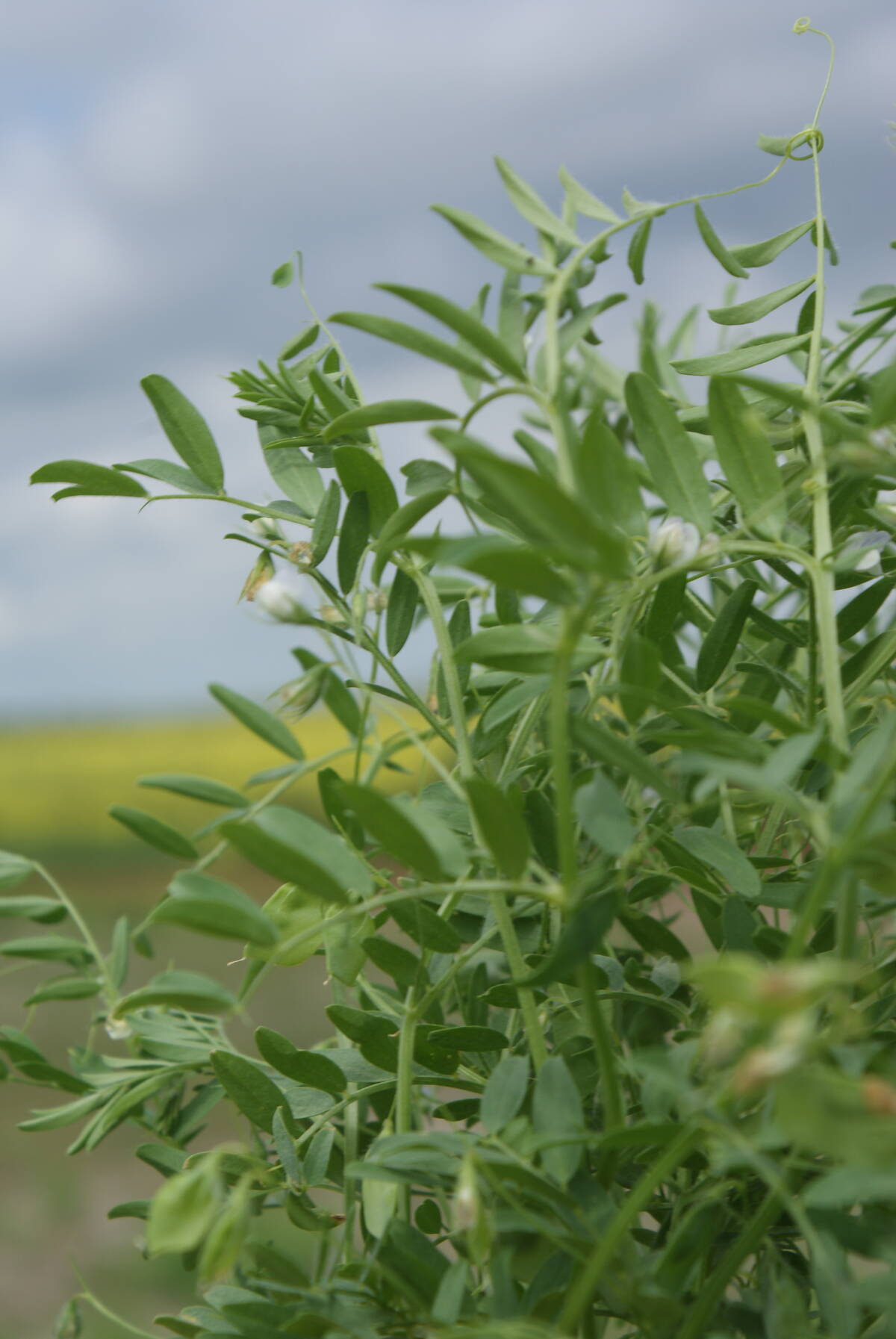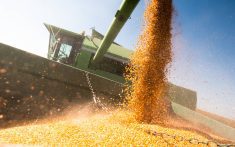Financial markets continued on the positive side again today. Reports out of Germany and France that those countries have been experiencing economic growth points to the end of the recession there as well. Reports from the Federal Reserve that US interest rates would not be increase helped to keep financial markets positive.
The US dollar was down a third of a cent today.
The Canadian dollar was down slightly, loosing only .0003 today to close at .9179 US.
The Dow Jones Sept quote closed up 36 points at 9355.
Read Also

Pulse Weekly: Lentil prices currently lacking direction
There’s little at the present time to guide cash prices for lentils on the Canadian Prairies, said Marcos Mosnaim of Prairie IX in Toronto.
Crude oil was up $.36 cents a barrel today to close at $70.52 a barrel US.
Corn finished down 3 to 7 cents a bushel today.
Beans ended down 18 cents a bushel to 29 cents a bushel today.
Wheat closed down 8 cents a bushel to up 13 cents a bushel on the various US exchanges.
Minneapolis Sept wheat futures closed down 12.4 cents a bushel today.
Canola finished down $5.00 to $6.00 a tonne today.
Barley closed up $4.40 a tonne today at $144.90 a tonne.
Weekly export inspection numbers for corn, wheat and beans were below expectations this week which set the negative tone for the markets today.
Weather forecasts for the US Midwest region for the next week are, above normal temps and normal precipitation which will continue the near perfect growing conditions needed to get an above average crop.
Feed grain markets for the coming year are looking like they are going to be dismal.
A number of factors have created a very poor outlook for the coming year.
Expectations are that we will have frost and an abundance of feed wheat this year.
H1N1 flu has devastated the pork Industry. In the US pork exports have dropped 36 per cent in the past few months.
Cattle herds in Canada and the US have been culled fairly hard again this year due to early drought and the lack of feed.
Predictions are that the Canadian herd will be at a 9 year low in 2010.
Distiller dry grains are coming into the Southern Alberta feeding Industry at relatively cheap values and with an ever increasing Canadian dollar DDG’s and corn will continue to be brought in to feed animals.
All these factors mean less demand for feed barley and wheat which means prices will remain flat to down for quite some time.
Your harvest management strategy this year will be critical in helping you avoid feed quality grains at harvest.
Desiccation, combining tough grain and drying the grain may mean the difference between a milling quality wheat or Canada Feed, or between Malt or feed barley.
The more quality you can harvest the better value return and delivery opportunities you will have throughout the year.
Talk to your agronomist about desiccating and to your neighbors who have driers to see what your options are and start planning ahead.
The way this year had gone so far I don’t think Mother Nature is done with us yet.















